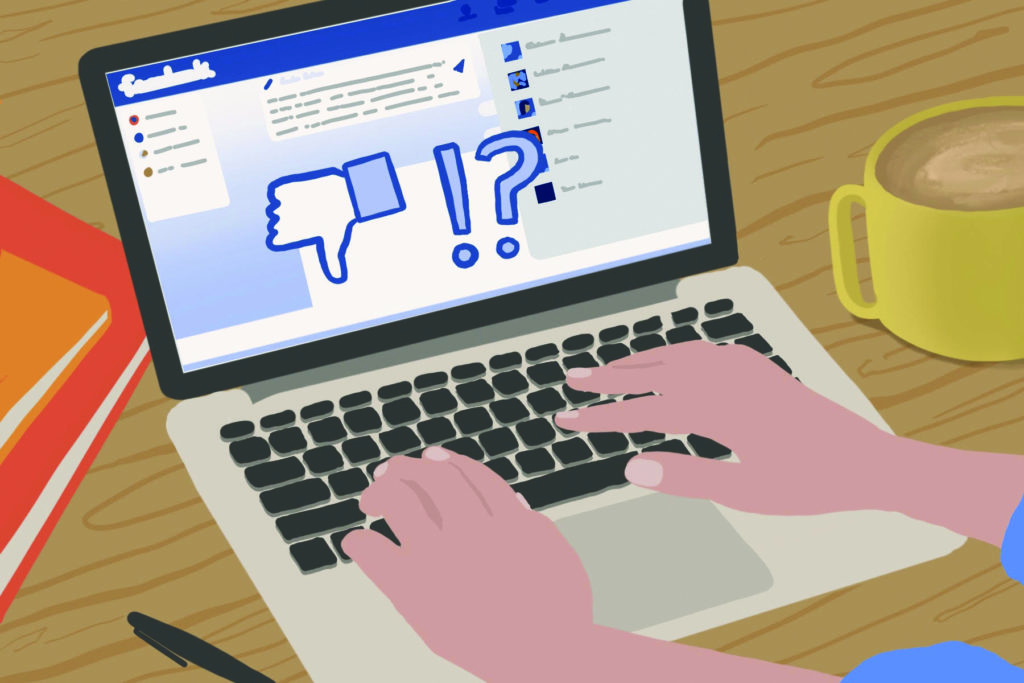Healthy Workforce
The Social Media Trap
Don’t let the temptation of likes and clicks sink your career

You’re the manager on a 22-bed urology unit. As soon as you arrive, one of your employees rushes into your office and exclaims, “Did you see what Pam posted on Facebook?” With a sinking feeling, you investigate and find that Pam, another of your nurses, posted sarcastic remarks on Facebook about your new nurses, saying that one of them “must have gotten his license in a Cracker Jack box” and that she feels sorry for any patient assigned to one of these “baby” nurses. T
To make matters worse, Pam referred to your organization by name, leaving no doubt about where she works. This isn’t the first time Pam has acted out on social media, and now you’ll have to do something about it.
Social media platforms have long been popular forums for bad behavior. Quite a few nurses have been disciplined or fired for inappropriate social media posts, with some cases even making the national news. More recently, the pandemic brought about an explosion of cruel, unprofessional online behavior, even among people who ought to know better.
It’s not hard to see why: COVID-19 forced us to forego many of our usual opportunities to vent about work to trusted friends who won’t broadcast our frustrations to the entire world. Unfortunately, griping and grousing that might be harmless in a private, offline conversation can quickly spiral out of control on social media or virtual platforms.
A tweet or public Facebook post is hard to take back, and even private messages aren’t always so private as they seem. Those platforms also make it all too easy to spread gossip or outright lies about someone.
Don’t Be Tempted
It’s enticing to use social media to zing a coworker, boss or your organization, but be warned: Like the Sirens of Greek mythology, whose music lured nearby sailors to their deaths, being cruel or inappropriate on social media can derail your career, damage relationships and even land you in legal hot water.



